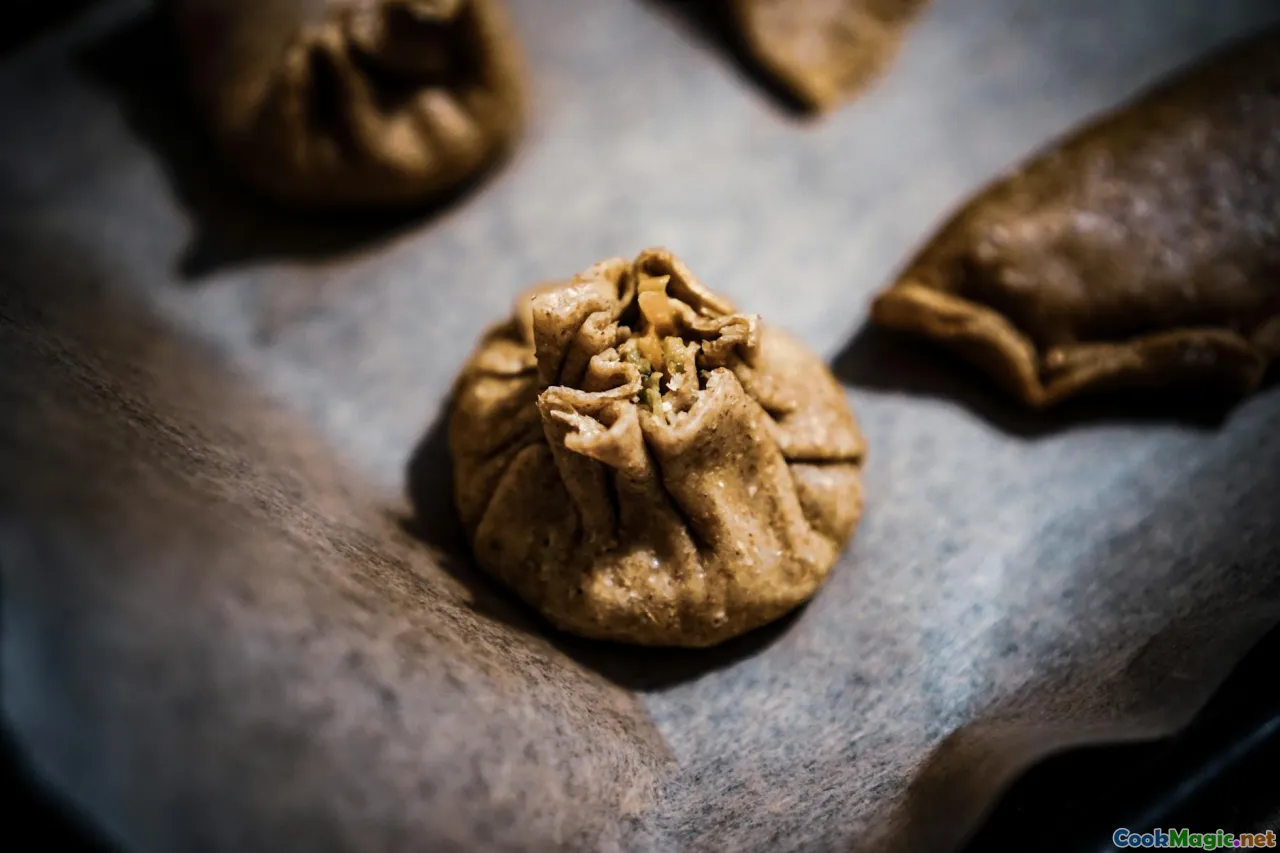Fado Nights and Culinary Delights
7 min read Immerse yourself in the soulful melodies of Fado paired with Portugal's rich culinary traditions for an unforgettable night in Lisbon. April 22, 2025 05:00
Fado Nights and Culinary Delights
Imagine wandering through narrow, cobblestone streets as the golden hues of sunset cast a warm glow over Lisbon’s historic neighborhoods. The air is filled with a mixture of salty sea breeze, fragrant grilled sardines, and the distant, haunting melodies of Fado—the soul of Portugal. This city, with its vibrant tapestry of history, music, and gastronomy, offers an experience that transcends mere sightseeing: it’s a soulful journey into the heart of Portuguese culture.
The Enchanting World of Fado
Origins and Cultural Significance
Fado, often described as the Portuguese blues, emerged in Lisbon in the early 19th century. Rooted in the working-class neighborhoods of Alfama and Mouraria, it was born from the emotional struggles, hopes, and dreams of ordinary people. The word “Fado” translates to “fate” or “destiny,” reflecting its themes of longing, love, loss, and hope.
Musical Characteristics
Fado is characterized by a singer, known as ‘fadista,’ accompanied by classical guitar and Portuguese guitar—an instrument with a pear-shaped body and 12 metal strings that produce a distinctive, shimmering sound. The singing is soulful, raw, and expressive, often delivered with a deep sense of emotion that resonates with every listener.
Emotional and Personal Connection
Attending a Fado performance is akin to opening a window into the singer’s soul. The lyrics often tell stories of love lost, exile, or unfulfilled longing, making each performance deeply personal. It’s a communal experience, where the audience feels the collective heartbeat of generations past and present.
Fado Nights in Lisbon: An Authentic Cultural Experience
Historic Fado Houses
Lisbon’s Fado houses—called 'Casas de Fado'—are intimate venues that preserve this tradition. Places like Clube de FadoandMesa de Frades offer an authentic setting where the walls seem to echo with centuries of stories. These venues often feature local fadistas who pour their emotions into every note, creating a connection that transcends language.
The Atmosphere
The ambiance is cozy, dimly lit, with rustic wooden furnishings and vintage photographs adorning the walls. As the music begins, the audience is transported to a different era—one of passionate love, despair, and hope. It’s common for diners to enjoy a glass of PortoorVinho Verde while immersing themselves in the music, allowing the flavors to heighten their emotional experience.
Culinary Delights Paired with Fado
Traditional Portuguese Dishes
No evening of Fado would be complete without savoring Portugal’s hearty, soulful cuisine. The food is as much a part of the cultural tapestry as the music itself.
- Bacalhau à Brás: Flaked salt cod mixed with thinly chopped potatoes, onions, and scrambled eggs. Its comforting aroma and flaky texture evoke seaside nostalgia.
- Sardinhas Assadas: Grilled sardines, often served with a drizzle of olive oil and fresh lemon, capture the essence of Lisbon’s coastal bounty.
- Amêijoas à Bulhão Pato: Clams in a garlic, cilantro, and white wine sauce—an aromatic starter that awakens the senses.
- Caldo Verde: A rustic kale soup with chorizo, offering warmth and a touch of spice.
Sweet Endings
Finish the night with Pastel de Nata, a flaky pastry filled with creamy custard topped with cinnamon—sweet, silky, and perfect after a night of deep emotion.
Pairing Tips
Pair these dishes with local wines such as Vinho Verdeor a robustDouro Red. The lightness of Vinho Verde complements the delicate flavors, while a full-bodied red enhances the richness of hearty dishes.
Personal Reflections and Anecdotes
Having experienced a night in a small Fado house in Alfama, I recall the moment when the singer’s voice cracked with emotion, and the entire room fell silent. The aroma of grilled sardines mingled with the scent of aged wood and incense, creating a sensory cocoon. As I sipped on a glass of Port, I realized that Fado is more than music; it’s a shared language of longing and resilience.
Dining in Lisbon’s Fado establishments is an immersive journey—one that awakens all senses and connects you to the spirit of Portugal. The combination of soulful melodies and comforting, flavorful food creates an atmosphere that is both intimate and expansive, reminding us of the enduring power of culture to heal, inspire, and unite.
Conclusion
Fado nights in Lisbon are not merely entertainment—they are a celebration of life’s complexities, expressed through music and cuisine that have been passed down through generations. Whether you’re a music lover, a food enthusiast, or a curious traveler, embracing this cultural duet promises a memorable voyage into the heart of Portugal’s soul.
Next time you find yourself in Lisbon, seek out a Fado house, indulge in traditional dishes, and let the haunting melodies guide you through an unforgettable night of culinary and cultural discovery. After all, in Portugal, music and food are intertwined in a dance as timeless as the city itself—an eternal embrace of emotion, history, and life.









